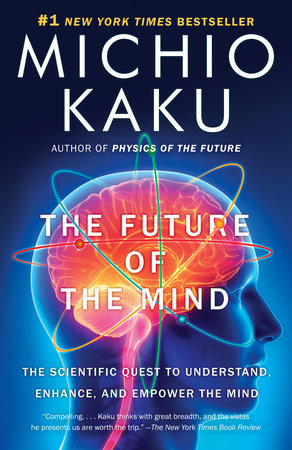BOOK

Vulnerability to Depression: From Cognitive Neuroscience to Prevention and Treatment

Providing a cutting-edge examination of the mechanisms underlying depression, this volume integrates important areas of research that have largely remained separate. See more...









